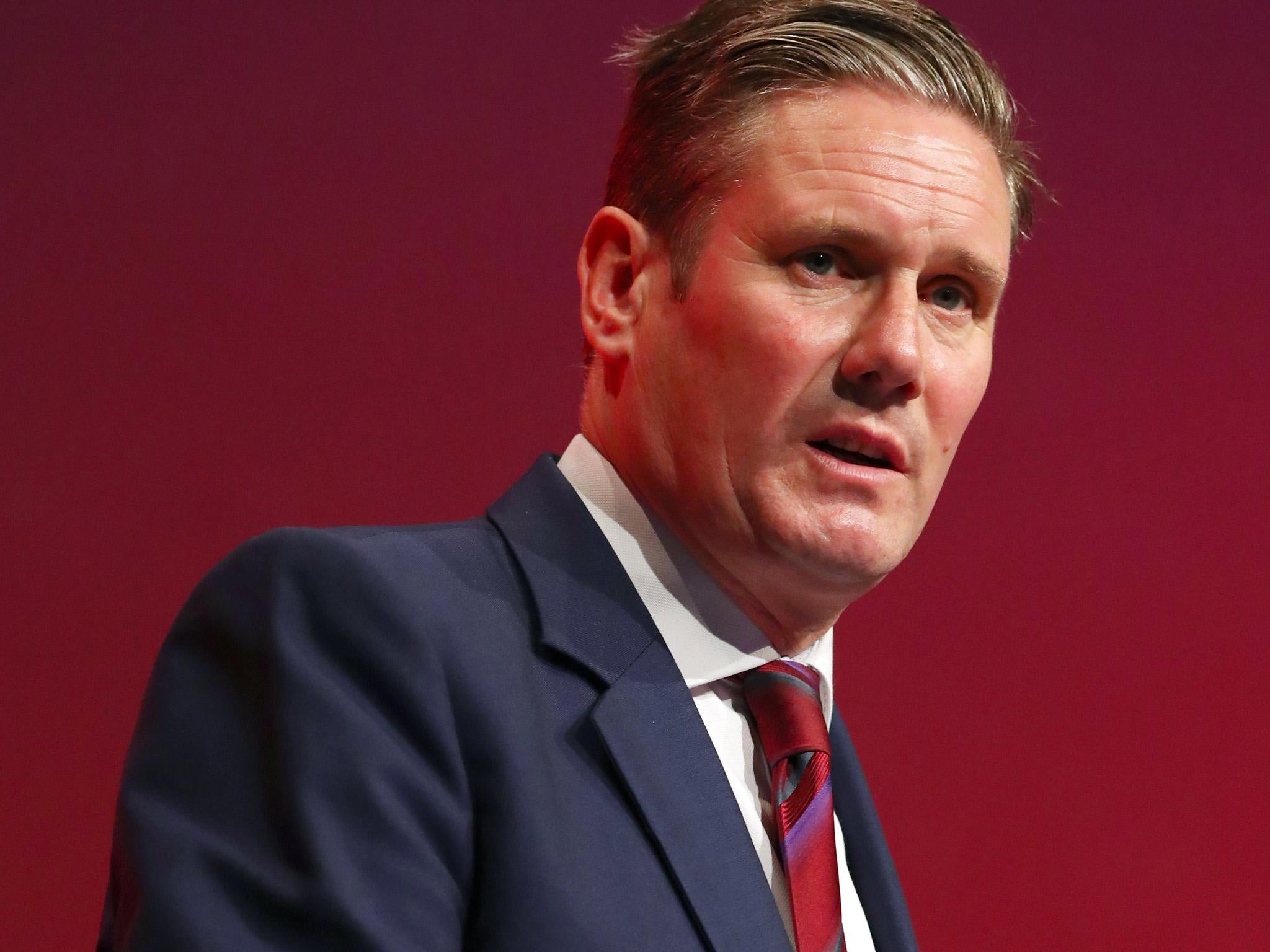MPs vote for Theresa May to release 58 secret studies into Brexit's economic 'damage'
Fury as ministers refuse to say they will abide by what independent parliamentary clerks advised would be a 'binding' decision

Your support helps us to tell the story
From reproductive rights to climate change to Big Tech, The Independent is on the ground when the story is developing. Whether it's investigating the financials of Elon Musk's pro-Trump PAC or producing our latest documentary, 'The A Word', which shines a light on the American women fighting for reproductive rights, we know how important it is to parse out the facts from the messaging.
At such a critical moment in US history, we need reporters on the ground. Your donation allows us to keep sending journalists to speak to both sides of the story.
The Independent is trusted by Americans across the entire political spectrum. And unlike many other quality news outlets, we choose not to lock Americans out of our reporting and analysis with paywalls. We believe quality journalism should be available to everyone, paid for by those who can afford it.
Your support makes all the difference.MPs have passed a motion ordering Theresa May to release 58 secret studies into the economic damage from Brexit, triggering a huge political row.
Ministers provoked fury by refusing to say they will abide by what independent parliamentary clerks advised would be a “binding” decision.
The Conservatives refused to take part in a vote – prompting accusations that the Prime Minister knew she would lose and has lost control of the parliamentary process for Brexit.
It meant the motion – demanding that the assessments be released to a select committee of MPs for scrutiny – passed unanimously.
Speaker John Bercow said he would wait and see the Government response to the motion, and did not rule out bringing contempt procedures against the Government if the impact assessments were not forthcoming.
MPs approved unopposed Labour’s motion, which asked for a “humble address” requesting the Queen to direct Brexit Secretary David Davis to release the documents.
There was confusion during the debate about whether a vote triggered by Labour’s use of an arcane parliamentary procedure would be binding.
Labour former minister Chris Bryant said if the power to call for the production of papers was not policed then “we end up completely disenfranchising this Parliament – we make ourselves utterly impotent”.
Mr Bercow replied: “It is very important that the House polices the enforcement of its own powers – that I think is an observation so clear as really to brook of no contradiction.”
Earlier, pro-EU Tory MP Anna Soubry said the Government was scared to reveal the truth about EU withdrawal, saying: “It might prick this golden bubble, this balloon, of the promised land of Brexit.”
Another senior Conservative, Sarah Wollaston, called for all “relevant” committees, including the health body which she leads, to receive the documents.
During the debate, there was confusion about whether the motion would be “binding”, as Labour argued, after drawing it up.
Eleanor Laing, the Deputy Speaker, agreed such “humble addresses” had “in the past been seen as effective and binding” – but added it would be up to the Government to respond.
Some interpreted ministers’ statements as an intention to use the need to protect “international relations” as a rational for withholding the documents.
Steve Baker, the junior Brexit minister, said it would “need to reflect” on the “conflicting responsibilities” of releasing documents to Parliament, while “not disclosing” sensitive information.
Outside the Commons, former Chancellor George Osborne tweeted that the Government cave-in on the vote “begs the question” whether it had “a majority in the Commons on any details of Brexit?”
The studies cover experts’ verdicts into the likely impact of different scenarios for EU withdrawal on different sectors comprising no less than 88 per cent of the economy.
They cover everything from food prices, tourism and banking to aerospace, pharmaceuticals, oil and steel
Labour believed it had found an “ancient Parliamentary procedure” to unlock the controversy, which will force the Prime Minister to end her suppression of the findings.
The clerks had agreed that 19th-century rules allow MPs to demand papers “which are in the possession of ministers”, by passing a motion, the party argued.
The idea is that the studies would be released to the Brexit Select Committee, which would review them and decide which information should be put in the public domain.
Ministers have insisted Brexit policymaking must be “conducted in a safe space to allow for design and deliberation to be done in private”.
They also claimed that Parliament voted, last December, to keep under wraps any documents that could undermine attempts to negotiate the best deal for Britain.
Join our commenting forum
Join thought-provoking conversations, follow other Independent readers and see their replies
Comments